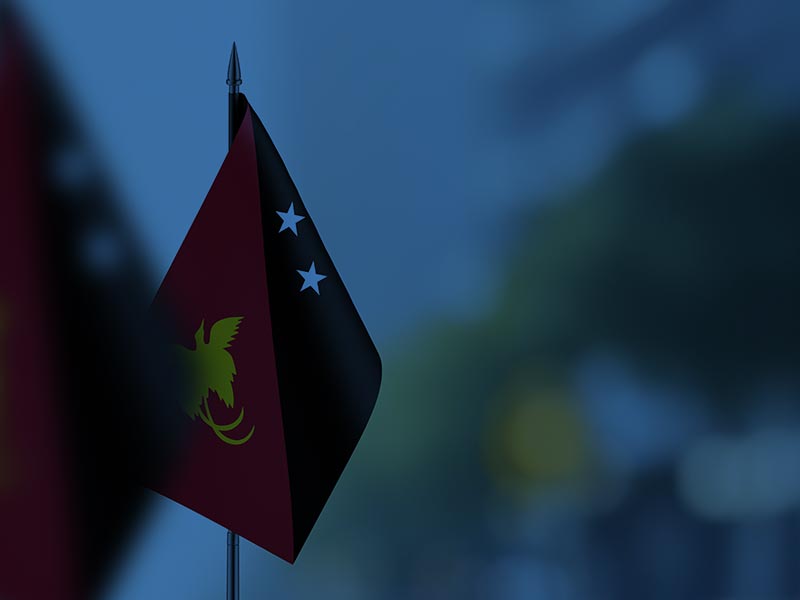Papua New Guinea (PNG) is home to over 800 languages, making it one of the most linguistically diverse countries in the world. This extraordinary variety accounts for nearly 12% of the world’s languages, with a population of around 9 million people. The languages are primarily divided into two groups: Austronesian and Papuan.
Austronesian languages, found mainly in coastal regions, include widely spoken languages like Tolai and Motu. These languages typically feature simpler grammatical structures, often adhering to a subject-verb-object (SVO) word order. Hiri Motu, for example, was developed as a trade language and is characterized by its accessibility.
In contrast, Papuan languages, predominantly spoken in the interior highlands, are highly diverse and do not belong to a single family. Languages such as Enga and Huli exhibit complex grammatical systems, including intricate verb conjugations and multiple noun classes. Some Papuan languages are also tonal, where pitch variations can change word meanings.
Additionally, Tok Pisin, a creole language derived from English, serves as a lingua franca and one of PNG’s official languages. While it simplifies many aspects of English, it incorporates indigenous vocabulary, reflecting the country’s rich cultural tapestry and linguistic heritage.
Related Articles
The History of the Submarine—Exploring the Depths
Submarines might seem like modern marvels, but the first designs date back to 1620, when Dutch inventor Cornelis Drebbel built a wooden, leather-covered vessel that could travel 20 feet underwater!...
The History of the Lightbulb—Illuminating the World
Although Thomas Edison is credited with inventing the lightbulb in 1879, he wasn’t the first to explore electric light. In fact, scientists like Humphry Davy and Joseph Swan made key advancements...
The History of the Yo-Yo—From Ancient Toy to Timeless Fun
The yo-yo isn’t just a childhood toy—it’s one of the oldest recorded playthings in history! The earliest known yo-yos date back to 500 B.C. in ancient Greece, where they were made from wood, clay,...





